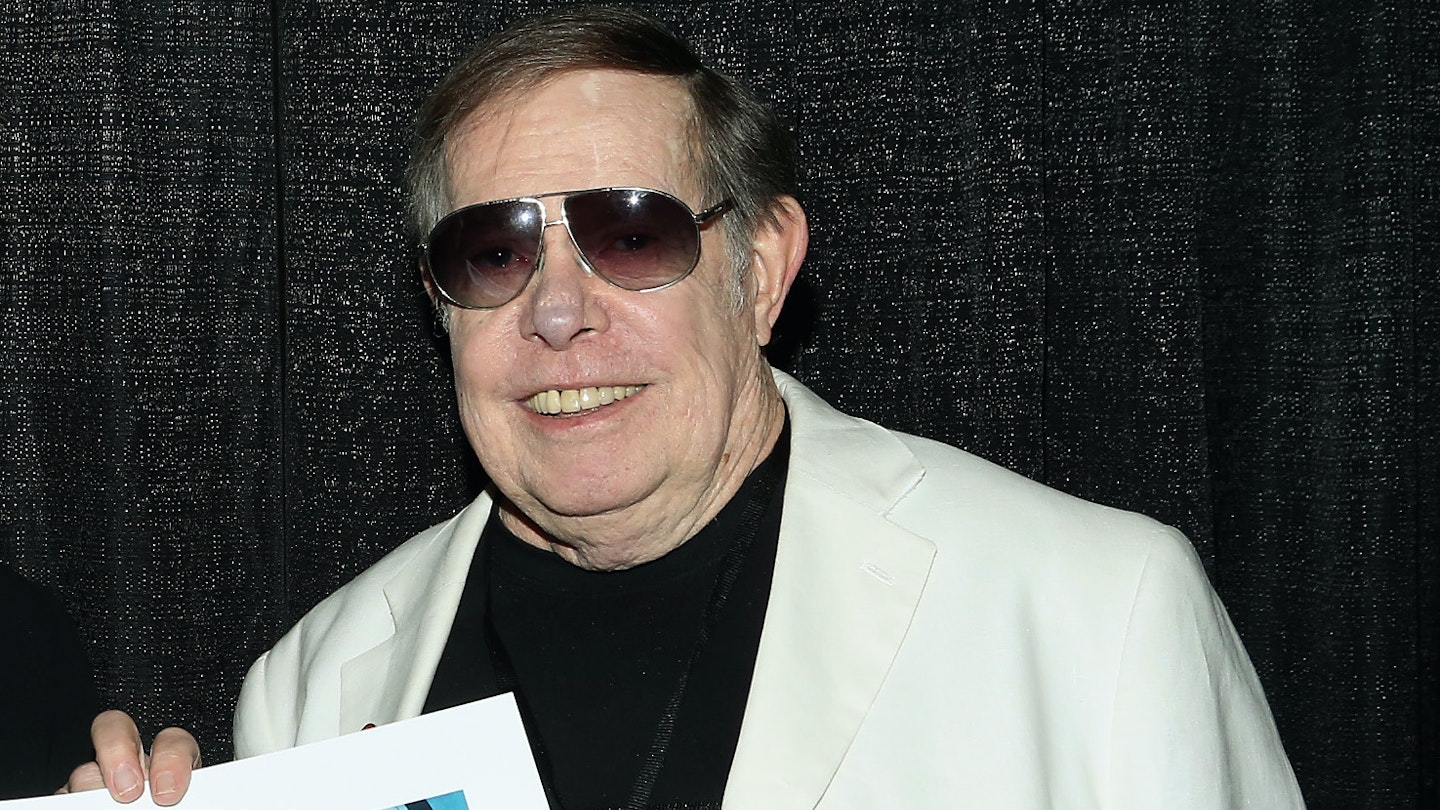Syd Mead, the widely renowned conceptual artist and "visual futurist", has died at the age of 86. His work informed some of sci-fi's greatest cinematic achievements, including Blade Runner, Tron and Aliens.
A talented artist from childhood, Mead began his professional career as an industrial designer for the Ford Motor Company in 1960s Detroit. He started his own company in 1970, with clients over the next two decades including Philips, United States Steel, Sony and Honda. His imagination had been fired in early life by the pulp sci-fi magazines to which his father subscribed, but his subsequent work in film was grounded by that eye for the practical and functional. "The logic to doing (science fiction) is it has to look like it works," he toldEmpirein 2014. "Once you have that, then you can start doing weird stuff with it, but if you don’t have that initial familiarity link then you’ve failed."
Even as a corporate and industrial artist, his work was extraordinary enough that he was lecturing and exhibiting at one-man shows from the early 1970s. That high profile eventually caught the eye of director Robert Wise, who brought Mead in as a production illustrator to design the V'Ger spacecraft for Star Trek: The Motion Picture in 1979. He immediately moved on to Tron and Blade Runner, which he worked on concurrently. "Once Ridley Scott found out I could paint... he just let me go," Mead recalled. "I painted my way much further into the film than would normally be the case. I designed all the vehicles, and saw my little wash renderings become real on the Warner Bros. backlot."
He designed spaceships for Peter Hyams' 2010 ("the G.E. kitchen of tomorrow") and James Cameron's Aliens ("a massive armed freight carrier"); the playback decks for Kathryn Bigelow's Strange Days; and the portable mask kits in the Mission: Impossible movies, among many other extraordinary creations. His most recent credits numbered Neill Blomkamp's Elysium and Brad Bird's Tomorrowland, and his final film work was for Denis Villeneuve's Blade Runner 2049.
Mead had been suffering from lymphoma for the last three years, and died at home in Pasadena, California on December 30. He had been due to receive the Art Directors Guild’s William Cameron Menzies Award during the Guild’s 24th Annual awards in February.
"Science fiction," he always said, "is reality ahead of schedule."
